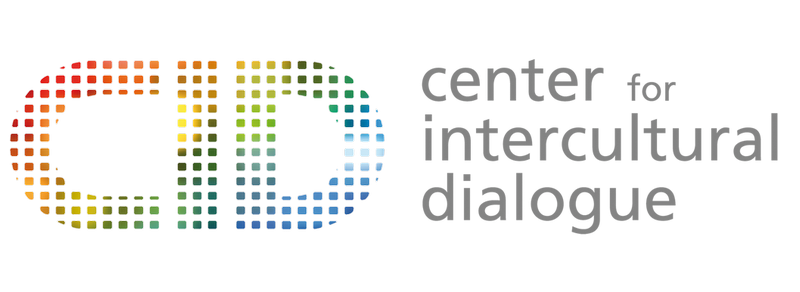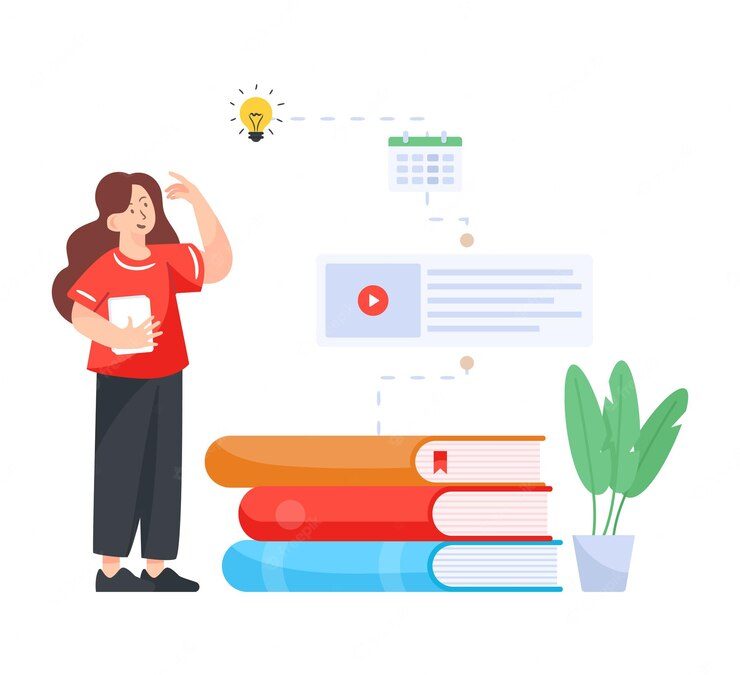1. Media Literacy and The Power of Media
This TC segment provides essential knowledge and skills on media literacy and critical thinking, required for understanding contemporary media and media content, as well as for understanding and interpreting messages that we receive and send via mass media. The participants will be familiarized with and introduced to the key concepts in the field of media and communication, and empowered and encouraged to take a critical, active citizen and socially responsible towards the contemporary media landscape. This TC segment will cover several larger areas of the media universe, each covering a number of different topics: Types of Media: Traditional vs. Social; Media Literacy and New Humanism as UNESCO’s emerging concepts; various meanings of media literacy; 5W + 1H – essential rules of responsible journalism (Who?, What?, When?, Where? and Why?, plus: How?); Find a Villain – How to analyse and critically read media messages?; The World in 30 Minutes: Constructing a TV News Lineup; Representation and Symbolism in the Media; Bias in the Media; Spin Doctors – What is Media Spinning?; “Fake” News and how to recognize them (CRAP test), The Power of Media (a very short history of the mass media, investigative journalism and examples of the most influential cases in history of media – the Watergate scandal, WikiLeaks, Panama papers)… A particular attention will be dedicated to the topic Youth Media Activism, which will also comprise short and inspiring stories and case-studies about the most influential recent examples of Youth activism in/through the media. The participants will also learn to use social networks (FB, YT, Twitter) as vehicles for the media activism.
2. Writing skills
Through this segment of the course, the participants will improve their writing skills and learn how to write a good media article. This segment will offer a practical guide to style, composition and good usage that underscores all good writing. It will provide practical advices for avoiding typical stylistic and grammar mistakes in writing and exemplify elementary rules of style, composition and good writing. This section will also offer instructions, “tricks” and how to about structuring an argument, achieving clarity and cohesion, being specific and concrete in writing, developing stylistic elegance and grace etc.The participants will apply the knowledge they acquire by writing articles (they will consequently be posted on the TYM).
3. Blended learning
Within this TC segment, the participants will get familiarized in detail about the blended learning methods and practice this method in their work through a simulation of the educative process.Participants will acquire a practical understanding of how blended learning can help students develop competences such as autonomy, problem-solving, critical thinking, as well as a sense of self-efficacy.Participants will actively explore a variety of useful, free digital tools and realise these can be allies in attaining specific learning goals in different subjects. They will also come up with examples of activities which effectively integrate distance and in-person learning, “traditional” and technological resources. Particular attention will be given to familiarizing the participants with the existing OER in the field of media literacy, which they could use for blended learning and practise in creating i blended learning workshops by using these OER.
4. Team building, cultural and relaxation activities
Some of activities will be aimed at building a strong team spirit, getting to know each other and relaxing in order to create a constructive and creative work environment. In addition, several activities will be aimed at learning about partner countries’ cultures and the host country/city.
5. Strengthening cooperation among partners
There will be a few activities dedicated to building the partnerships between organizations participating in TC.
TC working methods and techniques Entire TC is based on active participation of all participants who will gain new skills and instantly apply them i.e. learn through hands-on training. The TC will be implemented by different working methods and techniques of non-formal learning: workshops, discussions, practical work (news writing), watching media content, case studies and movie projections, group work, online learning, icebreakers, energizers… These activities focus mainly on acquisition and enhancement of skills and knowledge, and methods will be aimed at igniting imagination, creativity and innovative thinking. Particular attention will be given to the method of learning through practical work. During the course, each participant will – with the help of their trainers – write one media article for the TYM. All course participants will acquire their Youthpass certificates.

